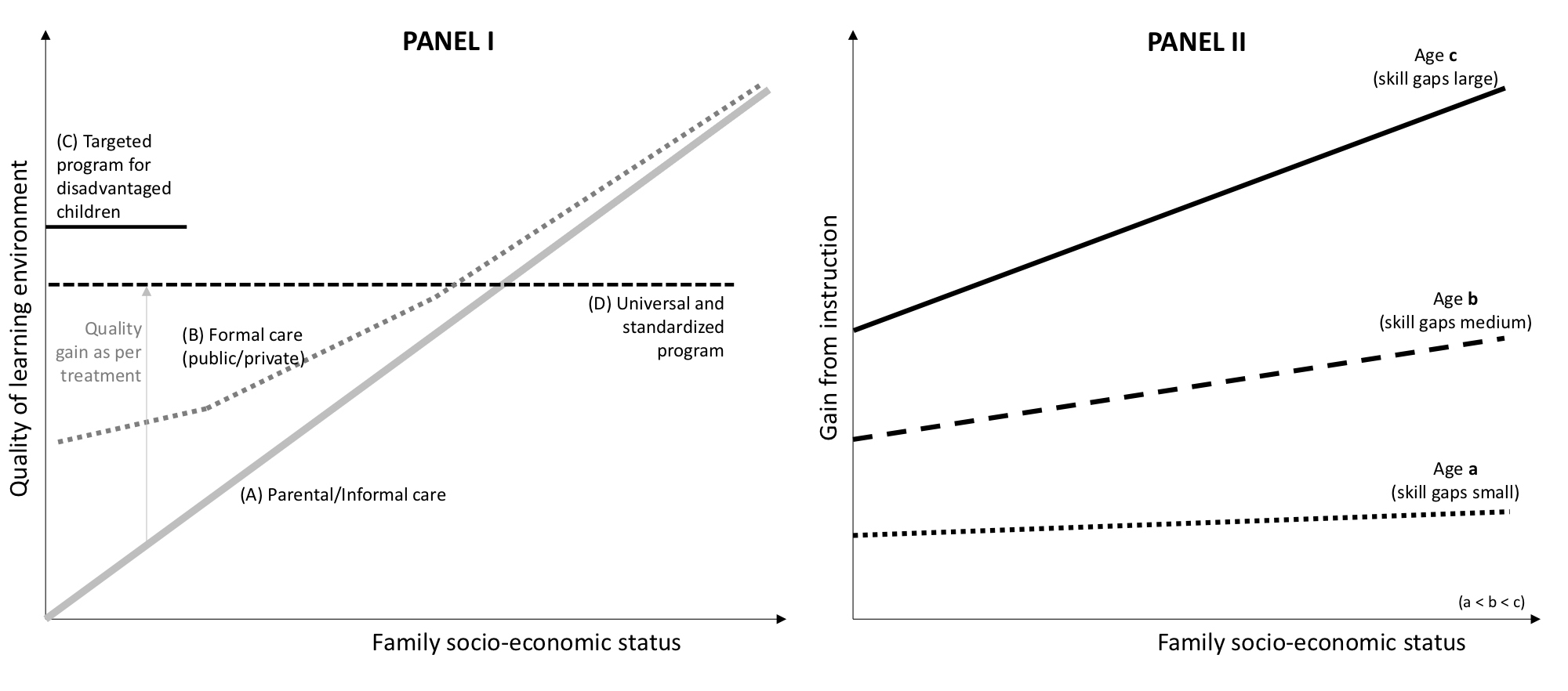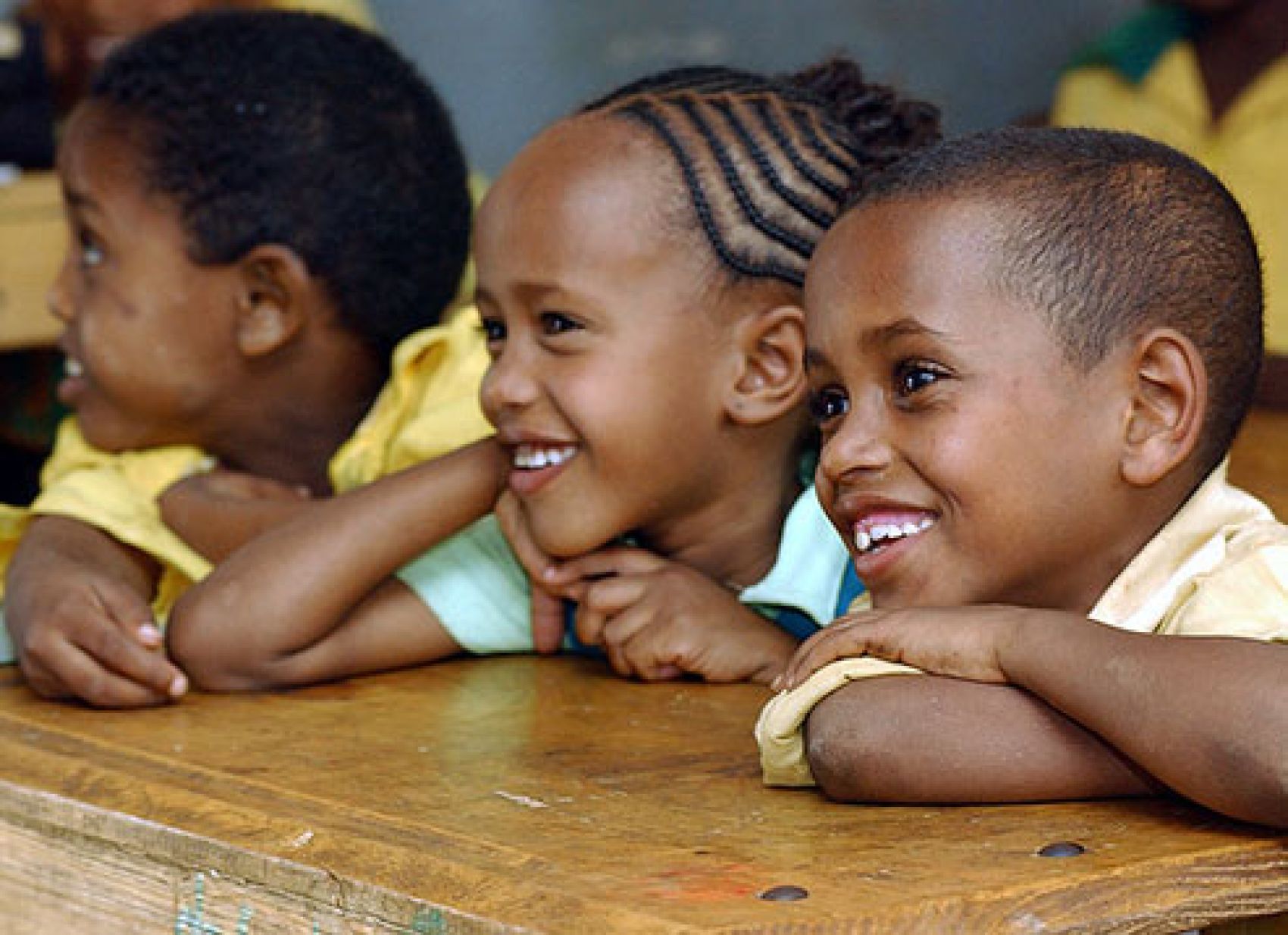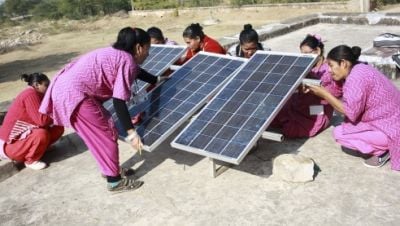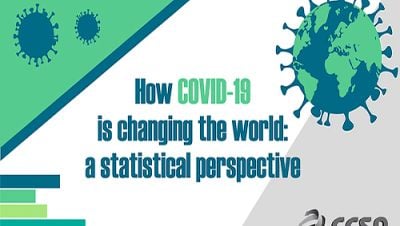Nevena Kulic is a Researcher at the European University Institute and Christina Lengfelder is a Research Analyst at the Human Development Report Office at UNDP.
Education has often been called the great equalizer of societies. But in spite of considerable progress in access to primary and secondary education, steep inequalities in human development persist: both across countries and within most countries.
During a two-day HDRO thematic consultation on Inequality and Education in collaboration with the Qatar Foundation and the World Innovation Summit for Education (WISE) in Doha in April 2019, experts from UNESCO, the European University Institute, and Education Above All, among others, discussed reasons and remedies.
A key finding was that inequalities in human development are already emerging at a very early stage in a child’s life. The choices that families make regarding early education and care are critical: these can either help or hinder how children develop. And yet in most countries the quantity and quality of care and education in the first years varies considerably by the family’s social background.
Enrolment in pre-primary education ranges from 20 percent in countries of low human development, to 33 percent in countries of medium human development, to 83 percent in countries of very high human development. There is, however, substantial evidence that children from high socio economic status (SES) families are more likely to attend early childcare programs, and benefit from intensive participation in high quality care.
In contrast, the highest returns to early education and care, particularly below the age of three, could be gained by children from the most disadvantaged backgrounds. Early childhood education has similar benefits to mandatory schooling because the differences in the quality of early education institutions is likely to be less unequal than the quality of care that different families provide at home (see below graph, panel I). For this reason, early education can help level the playing field by providing more homogenous learning environments. This works best when childcare participation is universal and of standardized high quality.
That said, children’s ability to benefit from early childhood education depends also on what they have already learned before starting. And this is typically higher in more advantaged families. If preschool education is conceived as a statutory right for all children, irrespective of family background and parents’ labour force participation, the attendance of disadvantaged children is likely to increase, narrowing in turn the early achievement gap and levelling the playing field by the time the children start school.

Source: Kulic et al. (2019)
Panel I adapted with permission from Cascio (2015) and Cascio & Schanzenbach (2014)
The meeting in Doha also looked ahead, identifying a new potential source of inequality in education. In addition to cognitive skills, social and emotional skills were identified as critical for creating productive adults and fostering peaceful social interaction in cohesive societies.
Modern curricular increasingly include social and emotional learning, but it is still often seen as a privilege – rather than a foundational part of the curricular – that can often not be considered, especially in developing countries. This may further exacerbate inequalities in the future, but it is also an opportunity for policy intervention.
Apart from continuing to expand access to education, key policies to reduce inequality should thus focus on access to early childhood development programs and parent support for early stimuli, as well as the integration of social and emotional learning into curricular in all public and private schools around the world.
Let’s take advantage of the unique potential that lies in education as an equalizer for societies and remember that the earlier we do this the better.
The HDialogue blog is a platform for debate and discussion. Posts reflect the views of respective authors in their individual capacities and not the views of UNDP/HDRO.
HDRO encourages reflections on the HDialogue contributions. The office posts comments that supports a constructive dialogue on policy options for advancing human development and are formulated respectful of other, potentially differing views. The office reserves the right to contain contributions that appear divisive.
Photo: UN Photo/Eskinder Debebe


